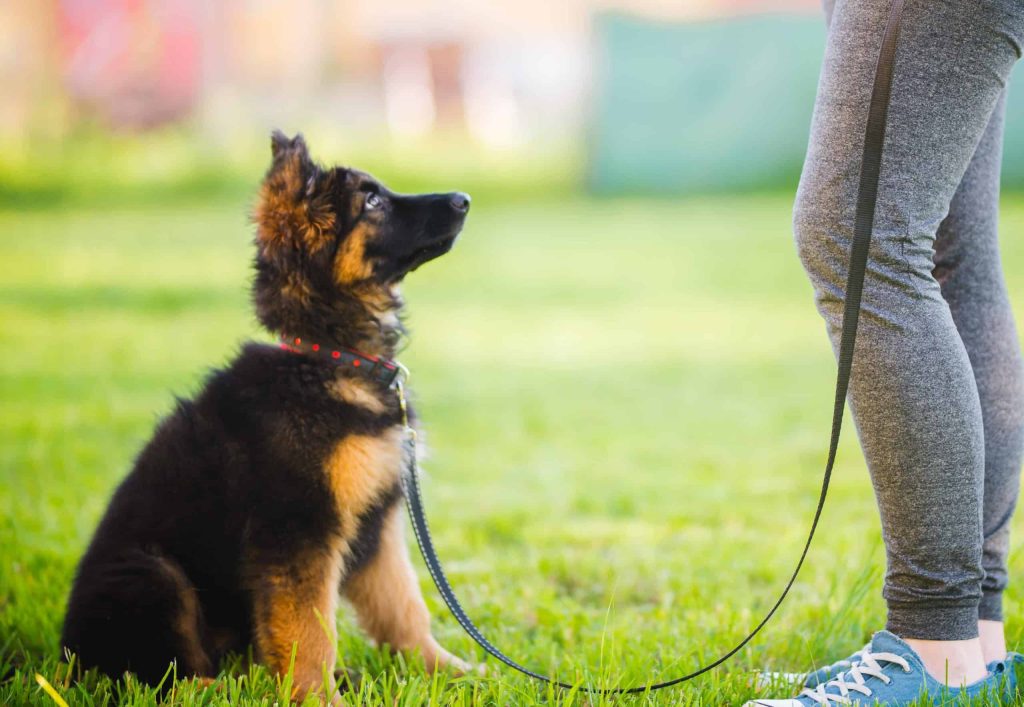Addressing aggression in dogs requires a comprehensive and compassionate approach that goes beyond traditional training methods. A holistic approach takes into consideration the dog’s physical health, emotional well-being, and the underlying causes of aggression. By redefining aggression and incorporating a multifaceted training program, we can create an environment that fosters positive behavior and builds a stronger bond between dogs and their owners.
Understanding Aggression:
Aggression in dogs is often a symptom of underlying issues such as fear, anxiety, or frustration. Traditional training methods that focus solely on correcting aggressive behaviors without addressing the root causes may lead to temporary solutions or exacerbate the problem. A holistic approach involves a thorough understanding of the individual dog, taking into account their history, environment, and overall well-being.

Physical Health:
Ensuring the physical health of a dog is a crucial aspect of a holistic training program. Physical ailments or discomfort can contribute to aggressive behaviors. Regular veterinary check-ups, proper nutrition, and exercise are essential components. By addressing any medical concerns, we can create a foundation for a dog’s overall well-being and reduce the likelihood of aggressive behavior rooted in physical discomfort.
Emotional Well-being:
A dog’s emotional state plays a significant role in their behavior. Stress, fear, and anxiety can manifest as aggression. A holistic approach involves creating a positive and supportive environment for the dog. This includes providing mental stimulation, appropriate outlets for energy, and a consistent routine. Positive reinforcement techniques, such as reward-based training, help build trust and strengthen the emotional bond between the dog and owner.
Identifying Triggers:
Understanding the triggers that lead to aggressive behavior is crucial in a holistic training program. It involves observing the dog’s reactions to specific stimuli, situations, or interactions. By identifying triggers, we can implement desensitization and counterconditioning techniques. Gradual exposure to triggers in a controlled environment, coupled with positive reinforcement, helps the dog associate these situations with positive experiences, reducing the likelihood of aggressive responses.
Training Techniques:
A holistic approach integrates positive reinforcement, redirection, and clear communication. Punitive measures and dominance-based training can exacerbate aggression and damage the human-animal bond. Positive reinforcement involves rewarding desired behaviors, encouraging the dog to repeat them. Redirection involves redirecting the dog’s attention from negative behaviors to more appropriate activities. Clear communication ensures that the dog understands commands and expectations, fostering a cooperative relationship.
Ongoing Support and Education:
A holistic approach to aggressive dog training extends beyond the initial training sessions. Ongoing support for both the dog and the owner is crucial for long-term success. Education on canine behavior, communication, and training techniques empowers owners to continue fostering a positive environment for their dogs. Support groups, professional trainers, and resources can provide guidance and assistance throughout the training journey.
Redefining aggression through a holistic approach to aggressive dog training in austin tx recognizes the interconnectedness of physical health, emotional well-being, and behavior. By addressing the root causes, identifying triggers, and implementing positive training techniques, we can create a harmonious relationship between dogs and their owners. This comprehensive approach not only mitigates aggressive behaviors but also enhances the overall quality of life for both dogs and their human companions.